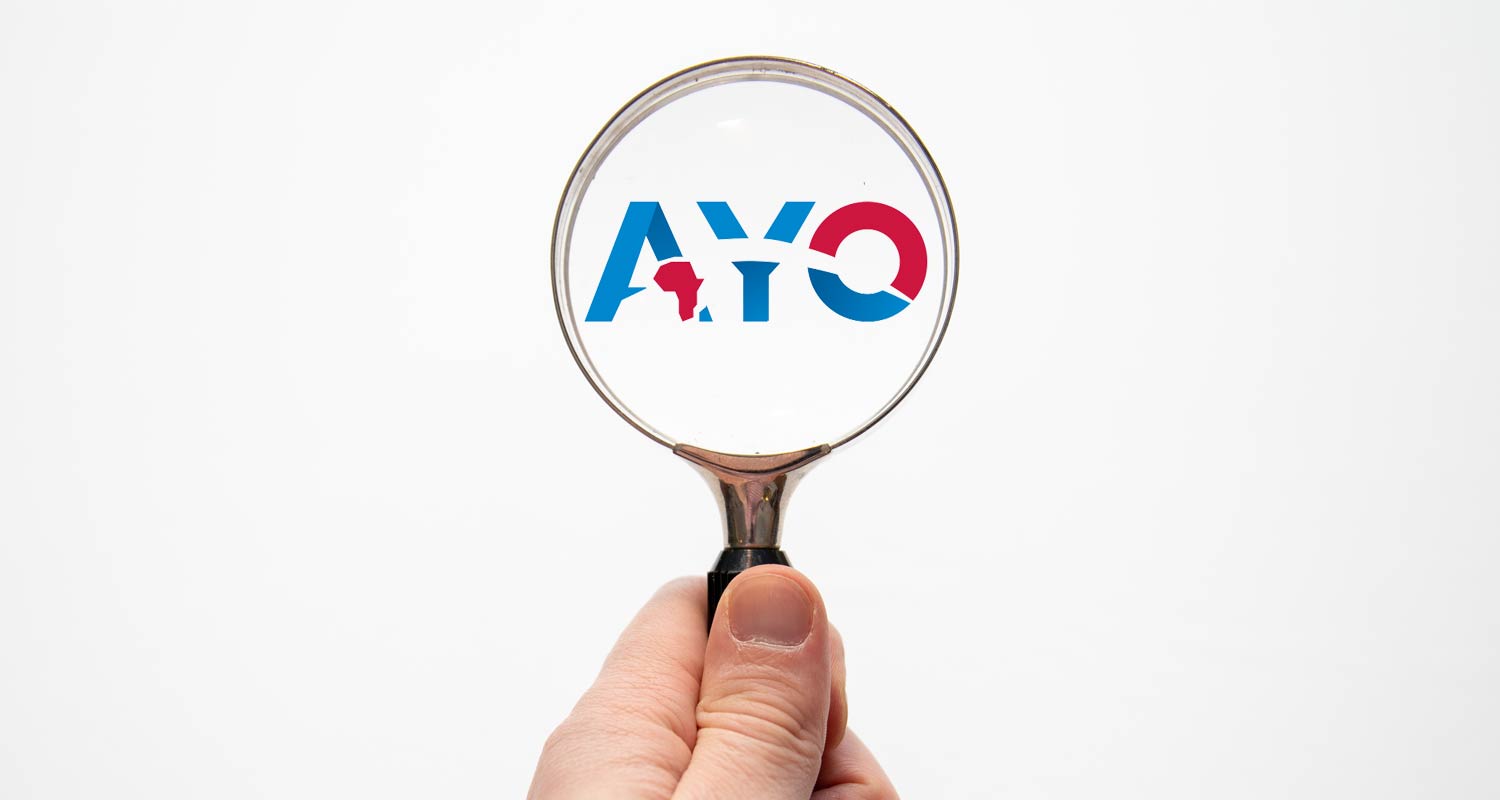 JSE-listed Ayo Technology Solutions may no longer be a “going concern”, based on its 2023 results, its auditors have warned. However, the company has lashed out at “negative publicity” and “ongoing banking challenges” for its woes.
JSE-listed Ayo Technology Solutions may no longer be a “going concern”, based on its 2023 results, its auditors have warned. However, the company has lashed out at “negative publicity” and “ongoing banking challenges” for its woes.
The group’s joint auditors, Crowe and Thawt, warned that the financial statements and “other matters” show that a “material uncertain concern exists that may cast significant doubt on the company’s ability to continue as a going concern”.
The basis of a “going concern” presumes that funds will be available to finance future operations and that the realisation of assets and settlement of liabilities, contingent obligations and commitments will occur in the ordinary course of business.
Ayo reported a loss before tax of R653-million for the year ended 31 August from a loss of R233-million a year ago, with margins under severe pressure. Cash utilised in operations surged to more than R1-billion, from R221.3-million in 2022, while it ended the latest reporting period with just R189.7-million in cash, down 83% from R1.1-billion a year ago.
The group said its poor performance was due to the decrease in gross margins, lower fair-value adjustments on investments, VAT adjustments as a result of apportionment difference with the South African Revenue Service, derecognition of derivatives and the impairment of loans.
“A subdued economic environment post-Covid-19, in addition to the continued negative publicity and ongoing banking challenges, has constrained the group’s organic growth initiatives as a result of lack of access to funding,” it said.
Damning findings
Ayo is ultimately controlled by businessman Iqbal Survé’s Sekunjalo Group, which since late 2020, has been battling to keep its banking facilities open in the wake of damning findings by the Mpati Commission of Inquiry, which probed the Public Investment Corp (PIC)’s investment in Ayo.
Sekunjalo was almost entirely cut off from the banking system as three of the “big four” banks refused to do business with the group. A total of 28 banks and representative offices of foreign banks had turned down Sekunjalo’s business.
But in September 2022, the Competition Tribunal granted Sekunjalo interim relief that prevented the banks from closing the accounts. The tribunal ordered that those bank accounts that had been closed be reopened.
Sekunjalo argued that “the banks’ conduct of closing accounts or refusing to provide banking and payment services constituted an abuse of dominance, collusion or coordinated conduct, which lessened competition in contravention of the act.”
Ayo said Standard Bank, Mercantile Bank and Access Bank appealed the ruling of the tribunal to the competition appeal court, with the appeals heard on 30 and 31 March 2023. The banks won the appeal. Then, in August, Ayo and other entities in the Sekunjalo Group lodged an application for leave to appeal the judgment to the constitutional court. The banks are opposing the application for leave to appeal.
Read: Ayo says JSE censure has caused it ‘irreparable harm’
The PIC pumped R4.3-billion into Ayo in 2017, but former Ayo executives admitted the company’s valuation was “unrealistic” and “absurd” and that the PIC paid far too much for the 29% stake, which valued it at R14.8-billion. On Wednesday, Ayo’s market capitalisation had slumped to just R313-million, or just 0.14% of the value the PIC had attached to the business six years ago.
In 2019, the PIC issued a summons against Ayo to have the deal declared unlawful and set aside. The PIC, which manages the pension money of South Africa’s civil servants, asked that Ayo be ordered to pay the PIC the full R4.3-billion with interest of 10.25%/year accrued from 22 December 2017 to date of final payment.
The parties entered into a settlement agreement that was made an order of the court in March 2023.

The extensive legal challenges Ayo is confronting, together with heightened regulatory attention, is putting the business to the test, potentially threatening its longevity, according to its report.
“While these prolonged processes are straining Ayo’s financial and human resources, forcing its operational focus and impeding its ability to concentrate on the strategic mandate management it is set to deliver on, it is important for shareholders to understand that some of these litigious matters were necessary to proceed with to ensure long-term sustainability and protect underlying investments,” it said.
Ayo’s board of directors said it has no intention of ceasing trading, curtailing operations or liquidating the company. — (c) 2023 NewsCentral Media




